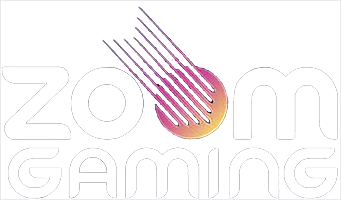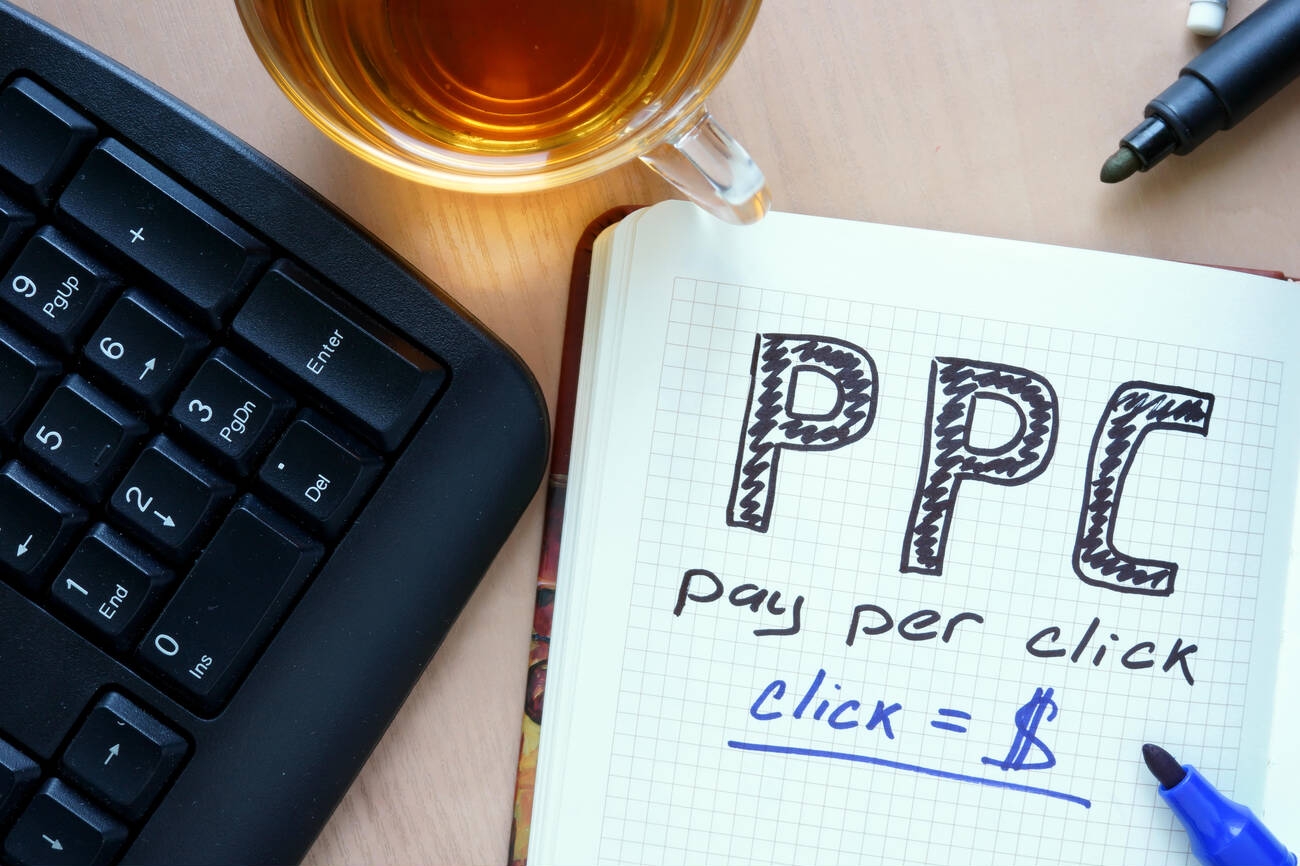Digital marketing is an ever-evolving landscape, and one of the most important elements to consider when constructing a well-rounded digital marketing plan is Pay Per Click (PPC) advertising. PPC provides businesses with an invaluable opportunity to target potential customers at the exact moments they are looking for information related to their products or services. To take advantage of these opportunities, businesses must understand the basics of PPC and how it can help increase traffic, leads, and, ultimately sales.
What Is Pay Per Click (PPC)?
PPC is a form of online advertising that allows companies to bid on various search engine keywords to appear at the top of search results. Whenever someone types a keyword into a search engine that your company has placed a bid on, your ad will be displayed above organic search results—helping to drive more views and click-throughs to your website. After each click, you’ll pay a pre-determined price (hence why its called “pay per click”). This makes PPC an efficient way for companies to get immediate visibility in front of their target audience without waiting as long as it takes for organic search rankings to be achieved.
Benefits Of Paid Advertising
- Targeted Audience Reach: With PPC, businesses can specifically target potential customers through tailored campaigns based on location, demographics and interests. Companies can efficiently reach people who may otherwise never discover their brand through traditional marketplaces or unpaid methods, such as organic search engine optimisation (SEO).
- Highly Measurable: Unlike traditional advertising methods, paid search offers direct knowledge about which campaigns drive engagement and revenue. By setting up tracking URLs and other analytics functionality directly within your campaigns, you can quickly identify what works best for your business – ensuring more insights inform future decisions while avoiding unnecessary expenditures.
- Cost Control: With PPC advertisements, businesses are never locked into paying too much as they set maximum bids themselves. Additionally, there are no hidden fees associated with this type of marketing so it’s possible to keep costs minimal while still achieving great returns on investment (ROI).
- Flexibility & Scalability: Unlike traditional forms of advertisement where there’s often a minimum upfront commitment required before seeing any return or visibility, with pay per click you only have to commit when someone clicks your ad – meaning companies can scale up or down depending on budget availability and success rates as needed without fear of overspending/under spending.
Conclusion
Using PPC as part of an overall digital marketing strategy is essential in today’s competitive environment by providing marketers access to targeted audiences at desirable times to earn ROI on investments that would otherwise be impossible via traditional avenues such as online publications or radio/TV spots. By understanding how this method works best with other strategies like SEO tactics and content focus, it’s possible for even small businesses to achieve massive success with little upfront cost involved.

